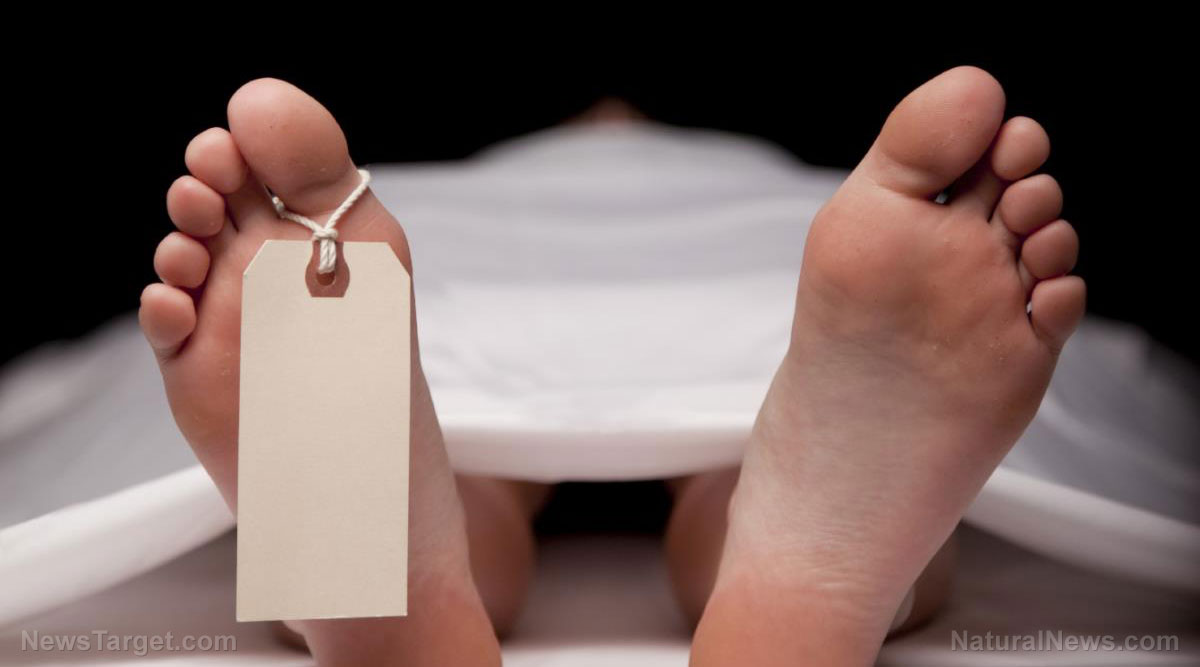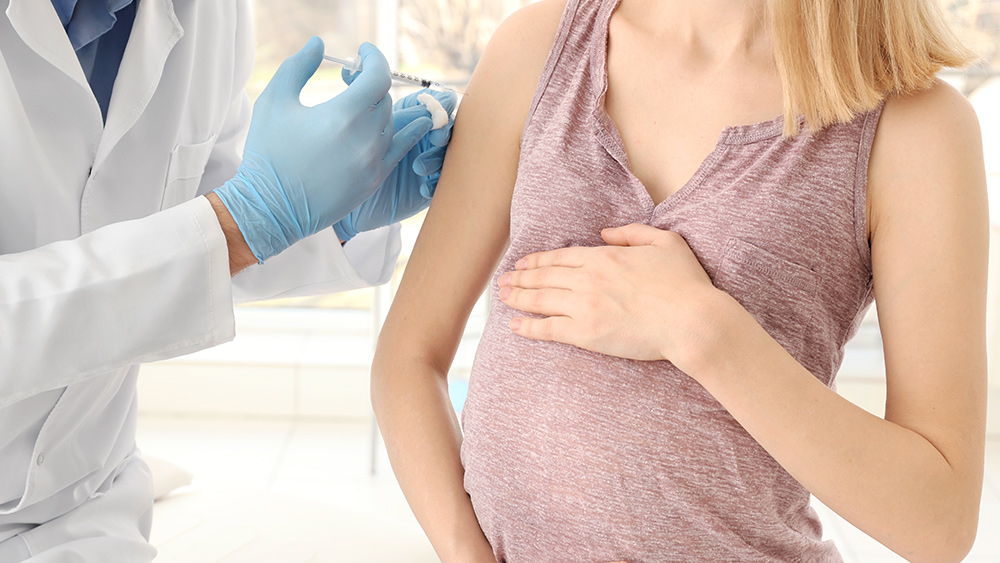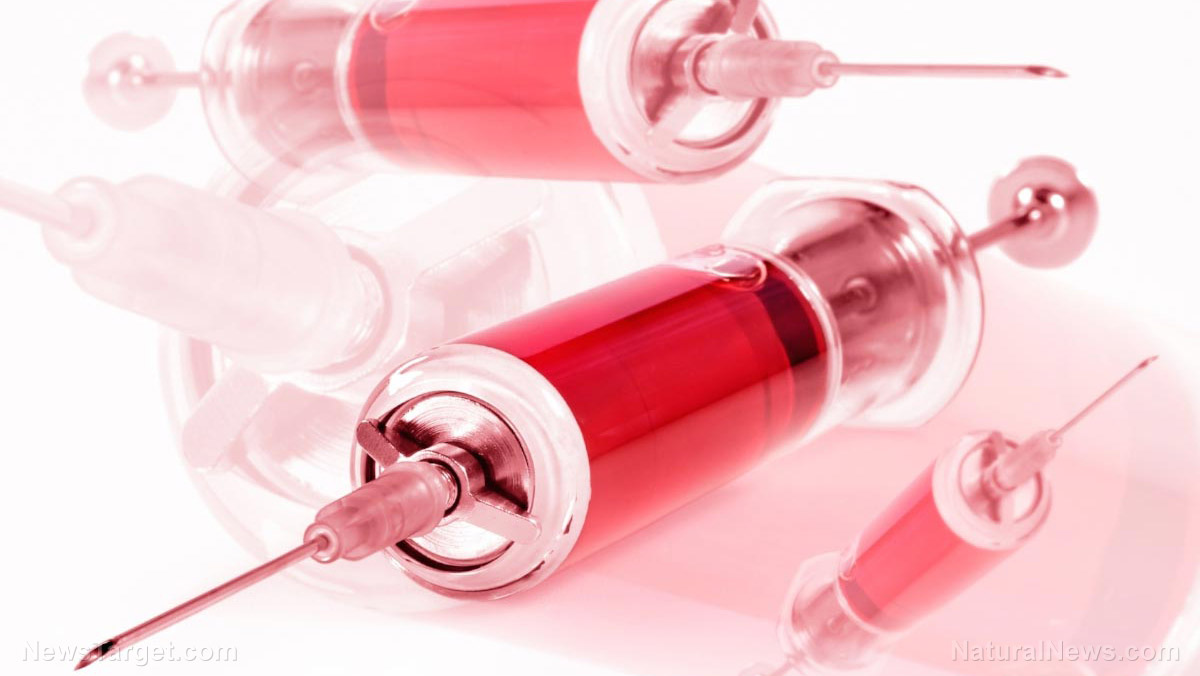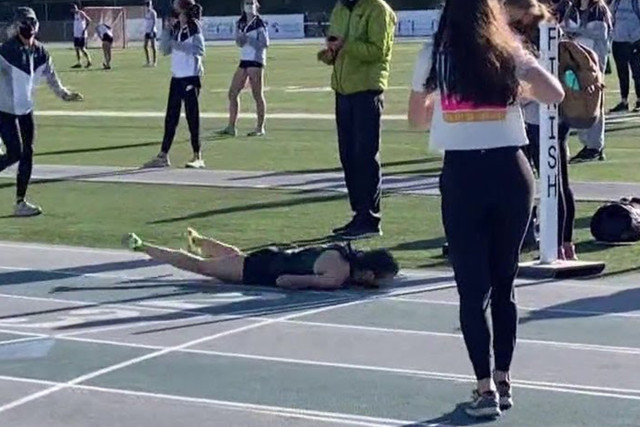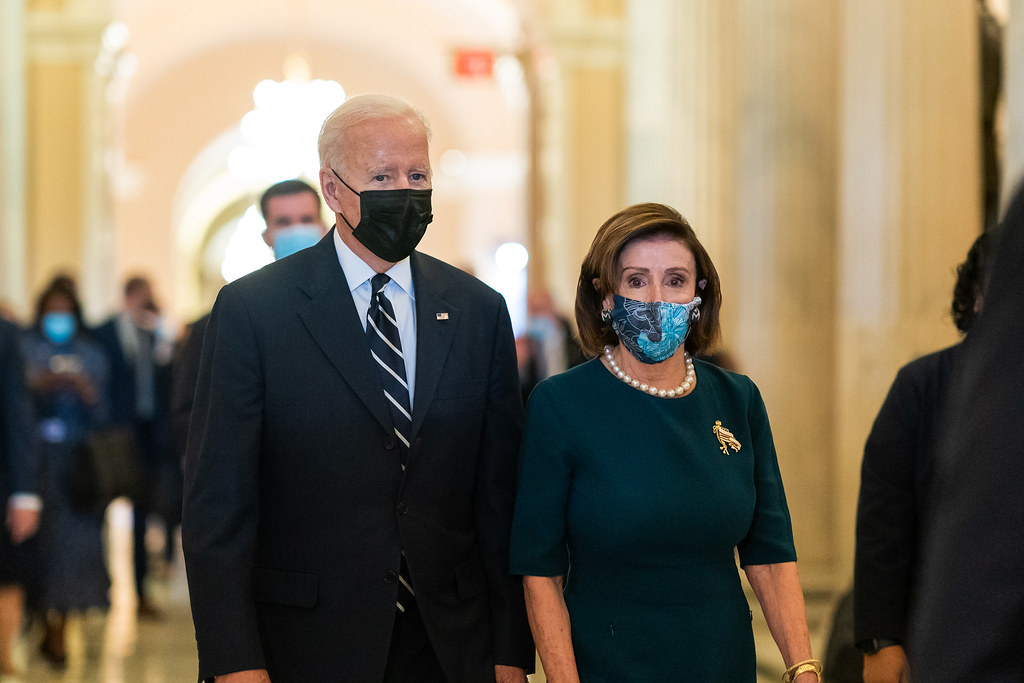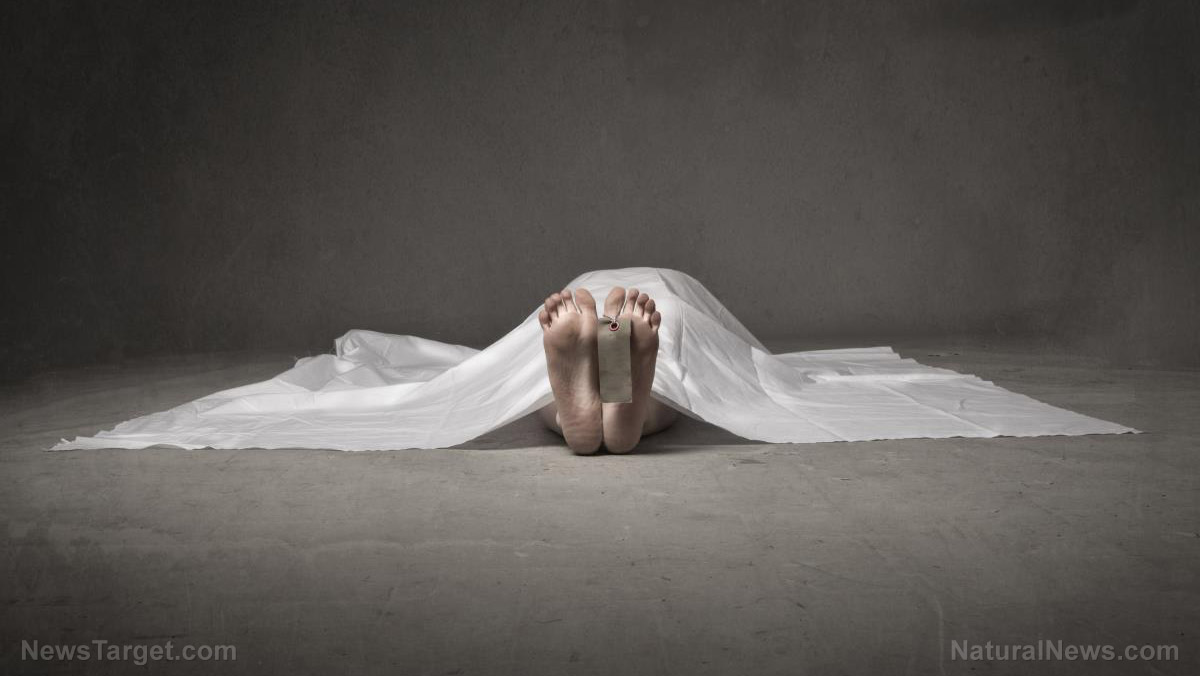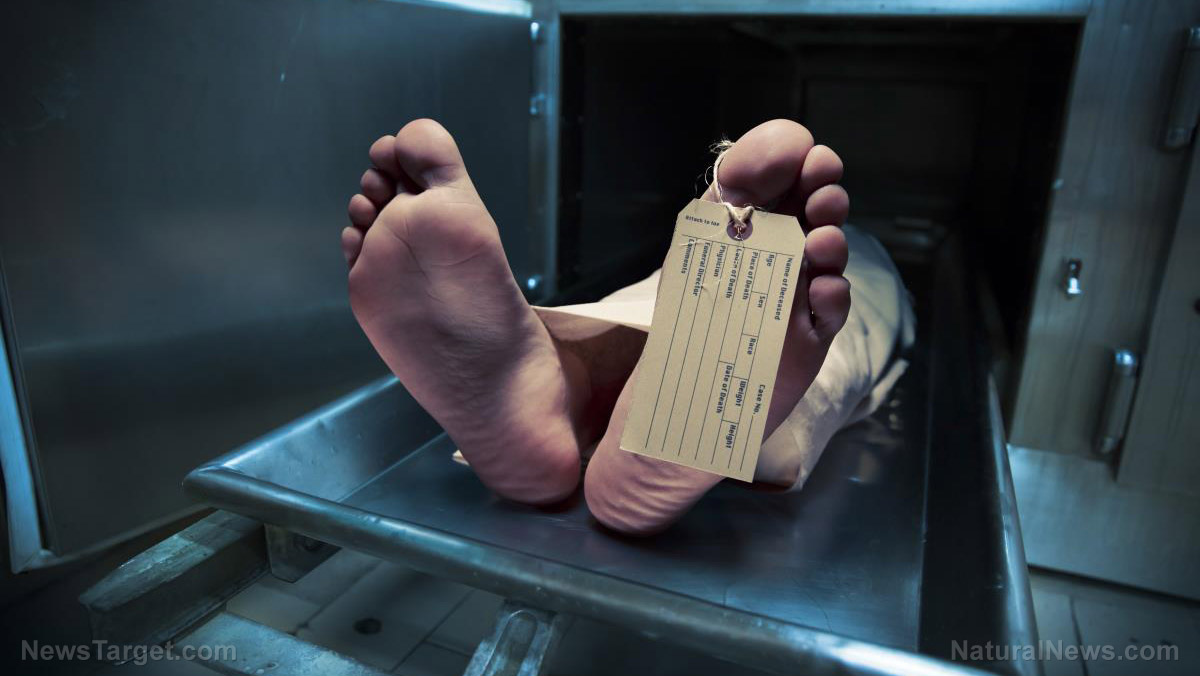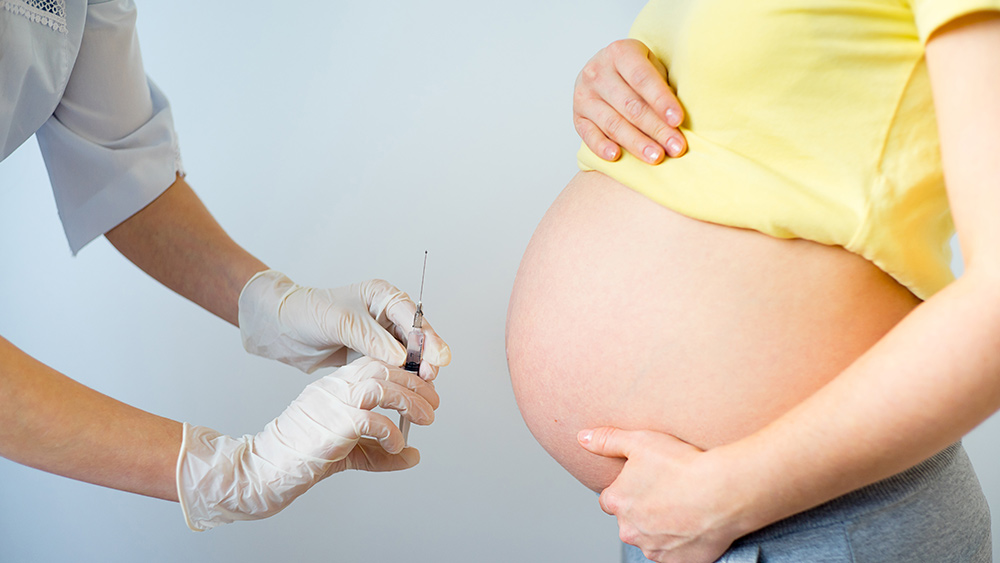FDA not planning to seek expert advice before authorizing coronavirus vaccine for children
04/14/2021 / By Nolan Barton
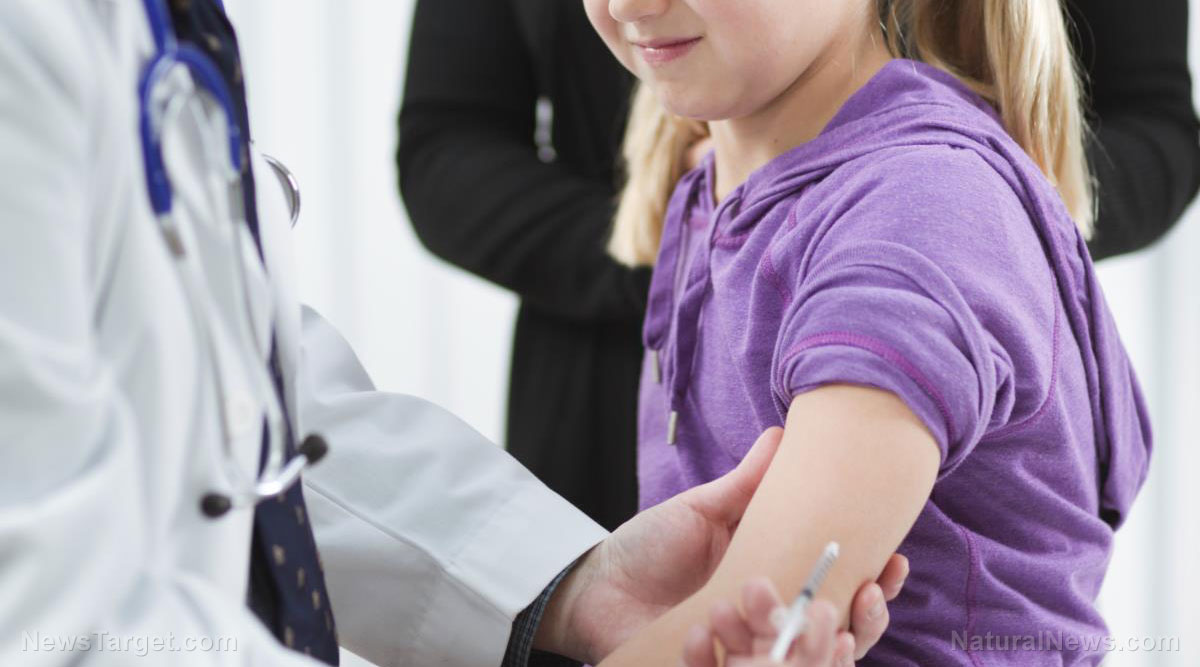
The Food and Drug Administration (FDA) does not plan to seek expert advice before deciding whether or not to amend the emergency use authorization if gave Pfizer-BioNTech for its Wuhan coronavirus (COVID-19) vaccine to include adolescents aged 12 to 15.
“As Pfizer has announced, the FDA has received the company’s request to amend its emergency use authorization in order to expand the age range for its COVID-19 vaccine to include individuals 12-15 years of age,” a spokesperson for the FDA told the Epoch Times via email.
“Based on an initial evaluation of the information submitted, at this time, the agency does not plan to hold a meeting of the Vaccines and Related Biological Products Advisory Committee (VRBPAC) on this request to amend the emergency use authorization for the Pfizer-BioNTech COVID-19 vaccine, which was discussed and recommended for authorization at a VRBPAC meeting in December 2020.”
The VRBPAC provides the FDA with recommendations and advice on scientific and regulatory issues, including the evaluation of data concerning the safety, effectiveness, and appropriate use of vaccines that are intended for use in the prevention, treatment or diagnosis of human diseases. The committee is composed of independent experts from the medical and scientific community.
However, the committee’s role is purely advisory in nature. The FDA often accepts the VRBPAC’s recommendations, but it has the option of not implementing the advice.
FDA expected to expand age range for Pfizer-BioNTech’s COVID-19 vaccine
The FDA is expected to extend the emergency authorization of Pfizer-BioNTech’s vaccine to children aged 12 to 15 years old, but the agency said it doesn’t know when that decision will be made. (Related: SACRIFICE THE CHILDREN: Oxford Vaccine Group recruits children for coronavirus vaccine trials.)
“While the FDA cannot predict how long its evaluation of the data and information will take, the agency will review the request as expeditiously as possible using its thorough and science-based approach,” an FDA representative said. “As with all FDA-authorized COVID-19 vaccines, we are committed to transparency with this EUA review process.”
Pfizer and BioNTech submitted a request to the FDA on April 9 to expand its vaccine emergency authorization to the adolescent group. If broadened, young adolescents could start getting vaccinated before going back to school in the fall.
The companies said in a joint statement that they plan to request similar authorizations from health agencies around the world in the coming days.
“These submissions represent a critical step in Pfizer’s and BioNTech’s ongoing efforts to support governments in broadening global vaccination efforts,” the statement said.
Pfizer-BioNTech’s COVID-19 vaccine Phase 3 trial “demonstrated 100 percent efficacy and robust antibody response” from over 2,200 volunteers aged 12 to 15 – 1,131 of whom received a vaccine and the rest received a placebo. Preliminary data showed that no COVID-19 cases were observed in the vaccinated group versus the 18 cases in the placebo group. The study has not been published yet.
The Pfizer-BioNTech COVID-19 vaccine is currently approved for use via emergency authorization in people 16 and older.
Vaccine makers initially focused on adults because children were proving far less likely to die from COVID-19. A child’s biology differs from that of an adult, which can affect the way vaccines work.
Johnson & Johnson announced on April 2 that it had begun testing its vaccine on adolescents aged 12 to 17 in a Phase 2a trial.
Moderna is also testing its vaccine in children. Results from its study of children aged 12 to 17 years old, which began in December last year, are expected soon. A separate trial consisting of children below 12 years old began last month.
Pfizer began testing its vaccine in children below 12 years old in March, with results expected during the second half of the year.
Health expert says there’s no reason to mandate COVID-19 vaccination on healthy children
Meanwhile, Oxford University announced earlier this month that it was suspending a trial of the COVID-19 vaccine that it developed with AstraZeneca on children and teenagers.
“While there are no safety concerns in the pediatric clinical trial, we await additional information from the Medicines and Healthcare products Regulatory Agency (MHRA) on its review of rare cases of thrombosis/thrombocytopenia that have been reported in adults, before giving any further vaccinations in the trial,” the university said in a statement.
“Parents and children should continue to attend all scheduled visits and can contact the trial sites if they have any questions.”
The MHRA reported that seven people in the United Kingdom have died from rare blood clots after getting the shot. There were 30 identified cases of rare blood clots in the country overall.
“There is no reason to mandate healthy children aged 12 to 15 years old with any of the investigational COVID-19 vaccines,” Dr. Teryn Clarke, communications director of America’s Frontline Doctors, told The Epoch Times in an email.
“The facts are clear: Children do not get serious illness from this virus. Until larger-scale studies are completed, including on people who have recovered from COVID-19, parents should carefully weigh the facts when deciding on vaccination.”
According to the FDA, any vaccine issued an emergency use authorization and not FDA-licensed is considered an investigational vaccine. All three COVID-19 vaccines authorized for use in the United States – Pfizer-BioNTech, Moderna and Johnson & Johnson – continue to collect safety and efficacy data for their Phase 3 clinical trials.
Follow Immunization.news for more news and information related to coronavirus vaccines.
Sources include:
Submit a correction >>
Tagged Under:
antibody response, bad medicine, Big Pharma, clinical trial, coronavirus, covid-19, COVID-19 vaccine, emergency use authorization, FDA-authorized, Johnson & Johnson, Moderna, Pfizer-BioNTech, rare blood clots
This article may contain statements that reflect the opinion of the author
RECENT NEWS & ARTICLES
COPYRIGHT © 2017 VACCINE HOLOCAUST



